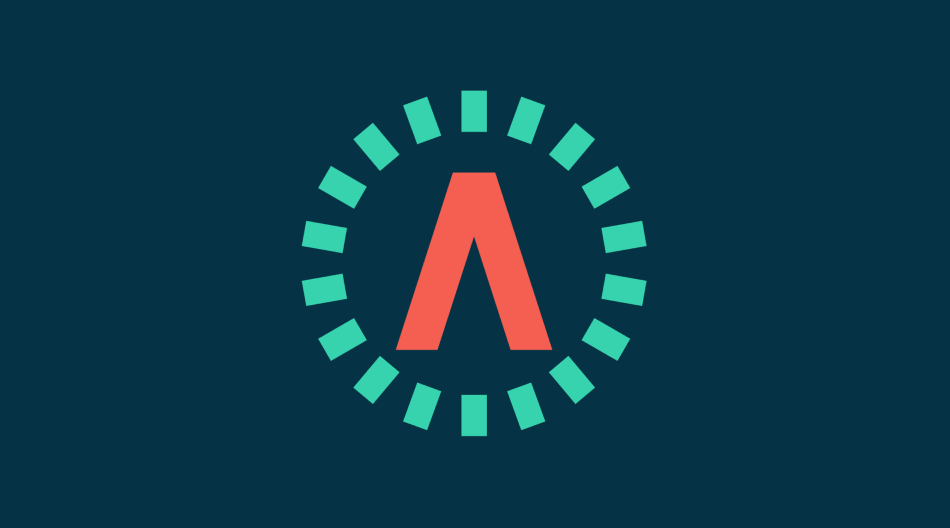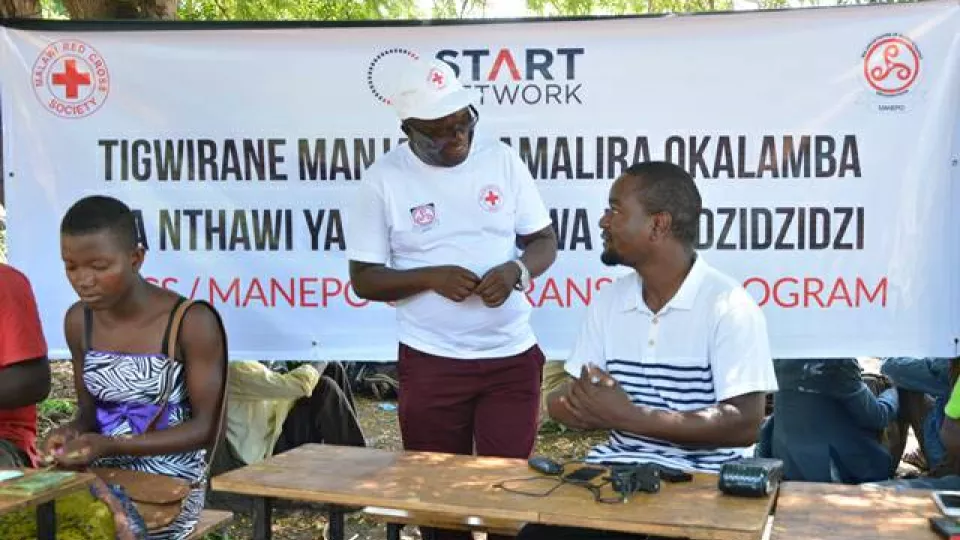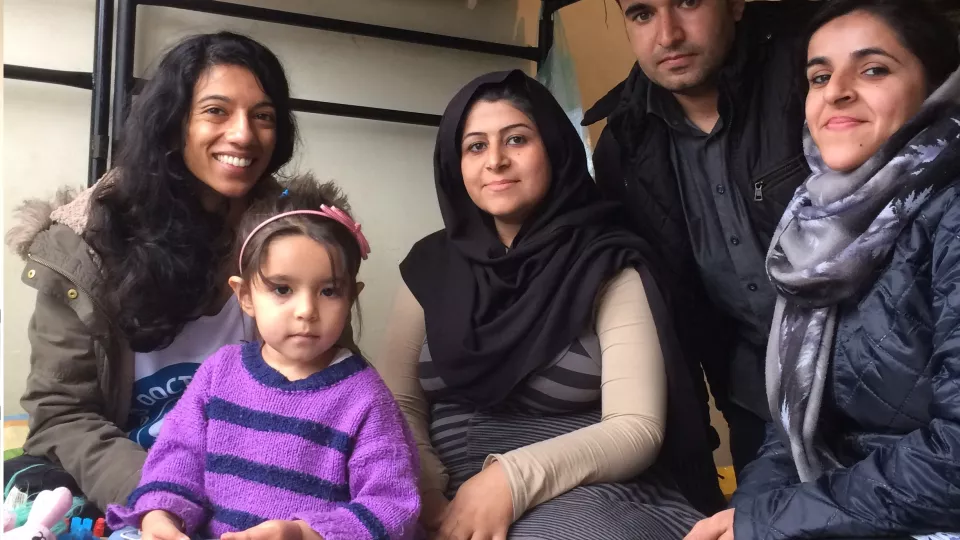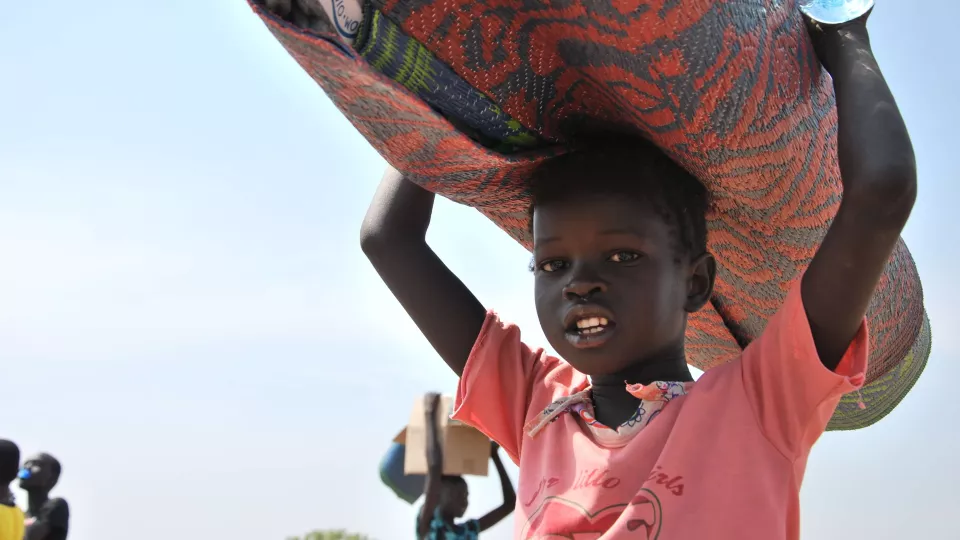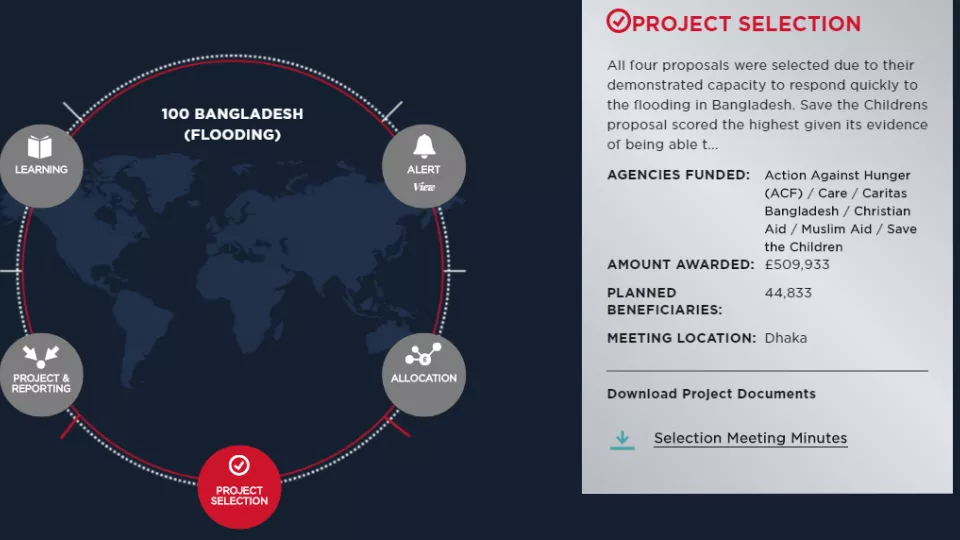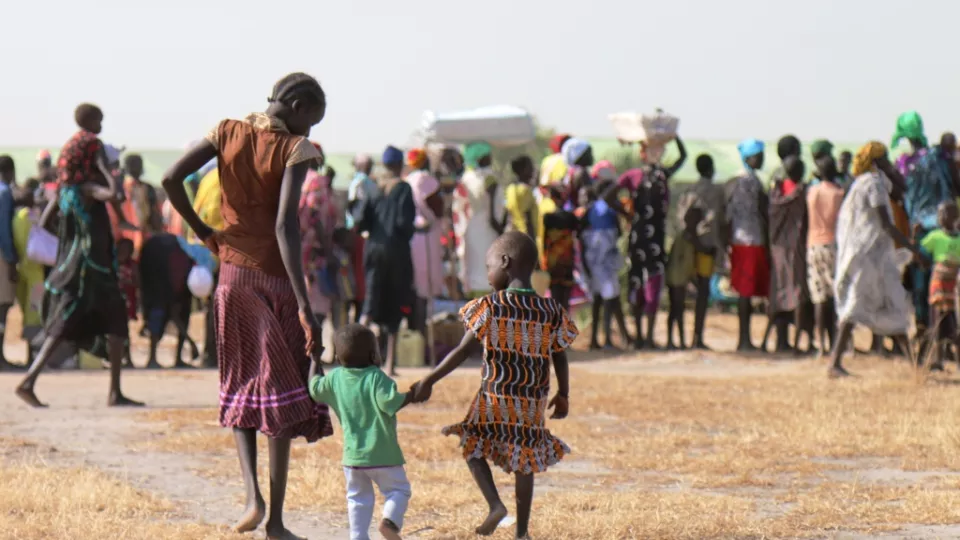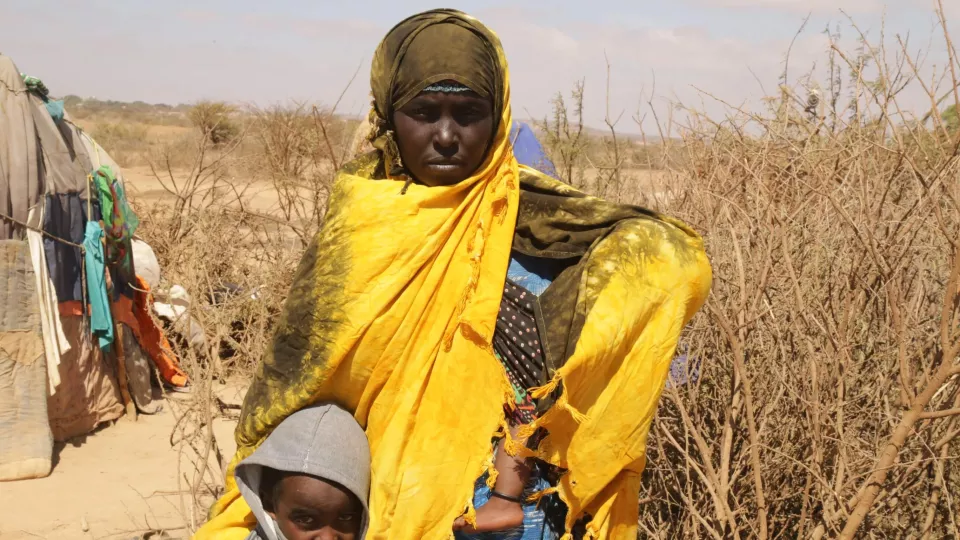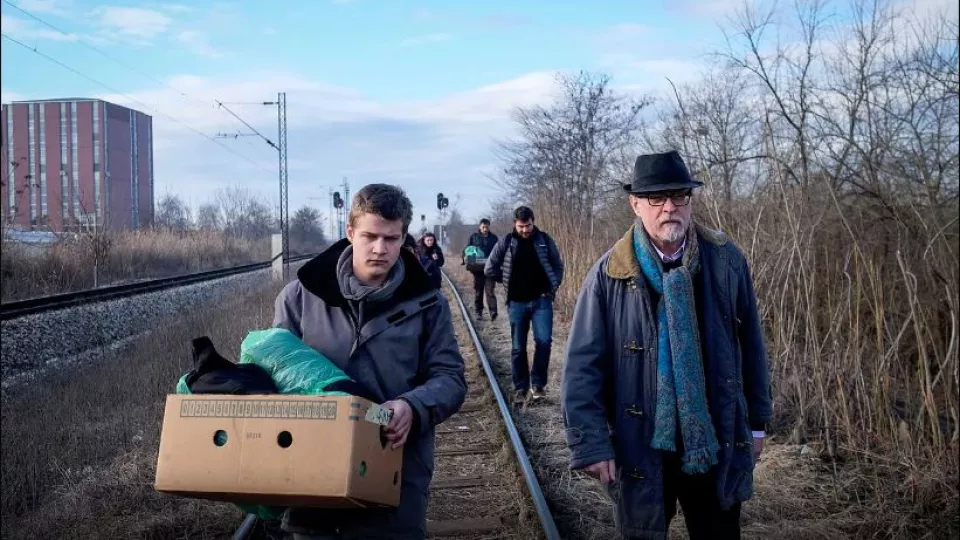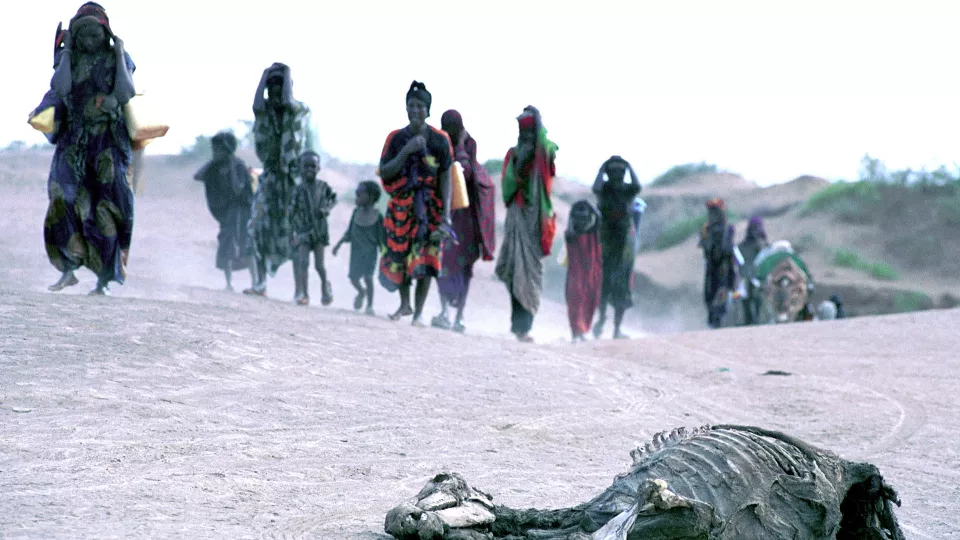Members Day is a unique opportunity for Start Network members to come together and learn about each other and the Network, explore opportunities for collaboration, and align around the vision that drives our collective work towards catalysing a…
News and blogs
An outbreak of Lassa fever that poses a risk to nearly a million people in northern Togo has become the focus of the 100th crisis response financed by the Start Fund.
In February, HelpAge International and Christian Aid led a cash-based response to assist flood victims in Malawi through the Start Fund. Here is a take on the story that made its way to one of the country's news sites, Malawi24.
Syamantha Asokan reports from the Harmanli refugee camp in Bulgaria, where Doctors of the World is the only medical organisation treating roughly 2,500 people through the MERF.
On its third anniversary, just as the Start Fund begins its 100th crisis response, Gloria Donate from Plan International UK, tells us about the very first response.
Start Network has launched a new online platform that will allow its members, donors and the public to monitor humanitarian alerts as they happen, follow how money is spent and see how many people have been helped.
Marko Madut Garang discusses the innovative approaches to capacity building being piloted through the Protection in Practice project.
We spoke to Guillaume Bahizire, a co-facilitator of the Context programme in DRC, which provides long-term learning and development through face-to-face group-based learning, coaching, individual project work and web-based learning.
As the global news agenda focuses on the famine across South Sudan, Somalia, Ethiopia and Kenya, the need for humanitarian agencies to better respond to slow onset and protracted crises is highlighted in a new report.
The tremendous challenges faced by refugees and migrants stranded at the border between Serbia and Hungary, and Oxfam's efforts to assist them.
Crisis Anticipation Adviser Luke Caley talks to the Guardian about the value of early response and the Start Network's efforts to shift humanitarian action from reactive to anticipatory.
The growing intensity and complexity of humanitarian disasters requires us to work in new, innovative ways. Stephen O'Brien, the United Nations' Under-Secretary General for Humanitarian Affairs and Emergency Relief Coordination, outlines why.

